Jordan king: East Jerusalem must be Palestinian capital
Jordanian King Abdullah II bin al-Hussein has reiterated his support for the establishment of an independent Palestinian state, stating that East Jerusalem al-Quds must be the capital of such a country.
During a meeting with German President Frank-Walter Steinmeier in Amman on Sunday, the monarch said his government has some major differences with the administration of US President Donald Trump on the central issue in the Israeli–Palestinian conflict.
“We do believe in a two-state solution, with Jerusalem as the capital for the Palestinians,” King Abdullah pointed out.
Last week also, the Jordanian king criticized US President Donald Trump's recognition of Jerusalem al-Quds as the capital of Israel, and emphasized that East Jerusalem al-Quds must be the capital of the Palestinian state.
During talks with US Vice President Mike Pence in Amman on January 21, King Abdullah pointed to the so-called two-state solution to the Israeli-Palestinian conflict, saying the US move would fuel radicalism and inflame Muslim and Christian tensions.
“For us, Jerusalem (al-Quds) is key to Muslims and Christians, as it is to Jews. It is key to peace in the region and key to enabling Muslims to effectively fight some of our root causes of radicalization,” he said.
The International community considers Israel’s administrative control over East Jerusalem al-Quds as occupation since the regime invaded the area during the 1967 Arab War and then annexed it.
On December 6 last year, Trump announced his decision to recognize Jerusalem al-Quds as Israel’s capital and relocate the US embassy in Israel from Tel Aviv to the occupied city.
The dramatic shift in Washington’s policy vis-à-vis the city triggered demonstrations in the occupied Palestinian territories, Iran, Turkey, Egypt, Jordan, Tunisia, Algeria, Iraq, Morocco and other Muslim countries.

On December 21, the United Nations General Assembly overwhelmingly voted in favor of a resolution that calls on the US to withdraw its controversial recognition of Jerusalem al-Quds as Israeli “capital.”
In an attempt to avert the resolution, Trump had warned that “we’re watching,” threatening reprisals against countries that backed the measure, which had earlier faced a US veto at the UN Security Council.
Israel, however, rejected the world body’s resolution while thanking Trump for his decision to move the US embassy from Tel Aviv to Jerusalem al-Quds.
On January 18, the United States reneged on a pledge to contribute $45 million to the United Nations Relief and Works Agency for Palestine Refugees in the Near East (UNRWA), which supports more than 5 million registered Palestinian refugees and their descendants.
The announcement to cut aid to Palestinian refugees came after the US president made a threat to cut off aid to the UN’s Palestinian refugee agency.
In a series of tweets on January 2, Trump said that the US paid “the Palestinians hundreds of millions of dollars a year” and yet gets “no appreciation or respect.”
“But with the Palestinians no longer willing to talk peace, why should we make any of these massive future payments to them?” he asked.
VIDEO | 39th AU summit opens in Addis Ababa with focus on water security, peace, and development
VIDEO | Iran: The stronghold Washington lost
Anti-Iran ‘Munich circus’ shows Europe has lost geopolitical weight: Araghchi
Swiss to act as venue of next round of Iran-US talks: Report
Report: Over 50,000 soldiers fighting in Israeli military hold foreign citizenship
Danish PM warns US attack on Greenland would spell end of NATO
Power running out at key Gaza hospital, ICU patients at risk: Report
VIDEO | Press TV's news headlines





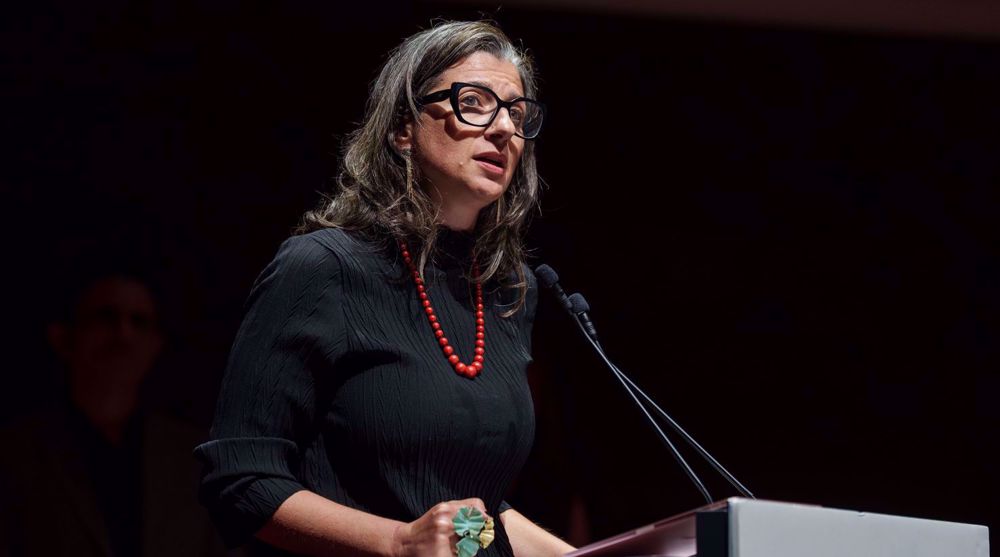
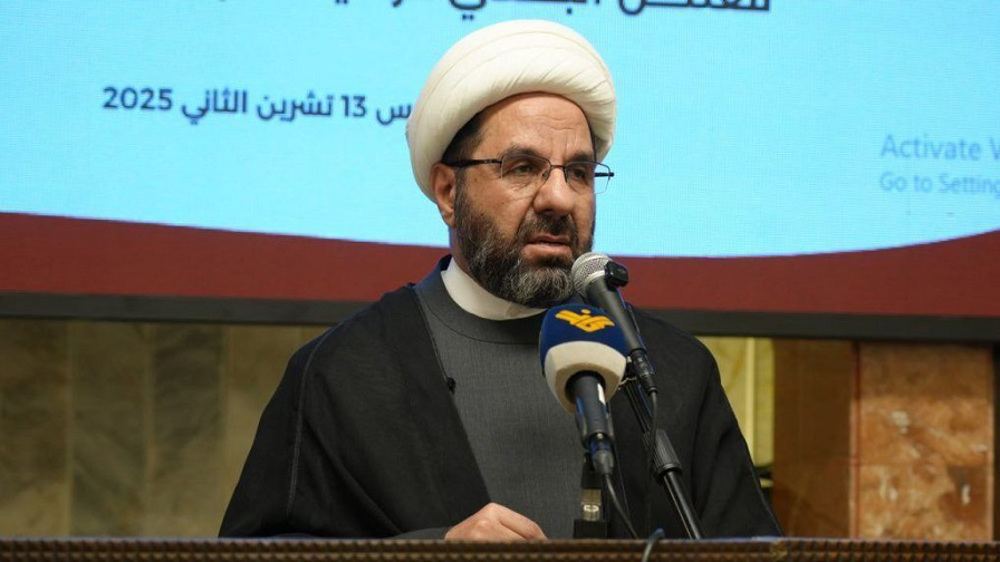
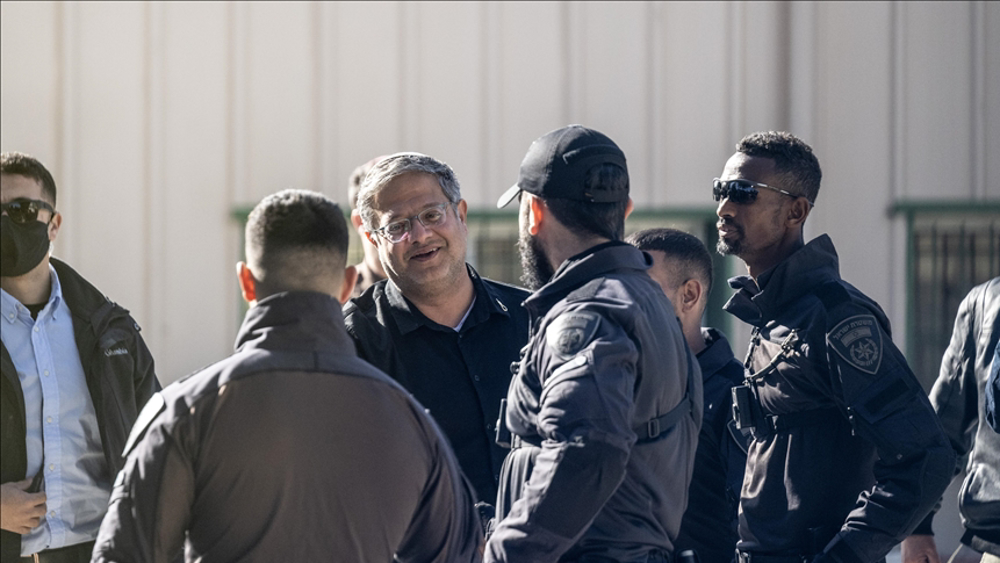






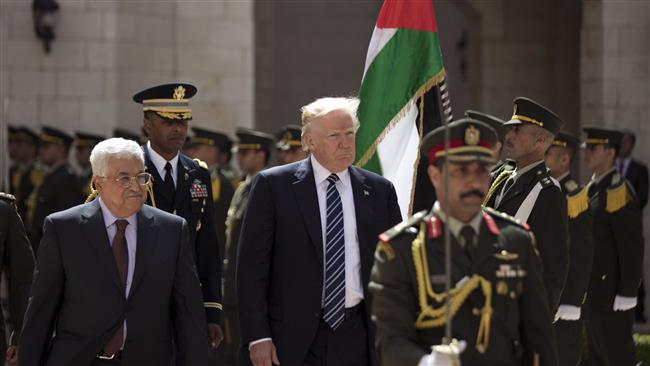
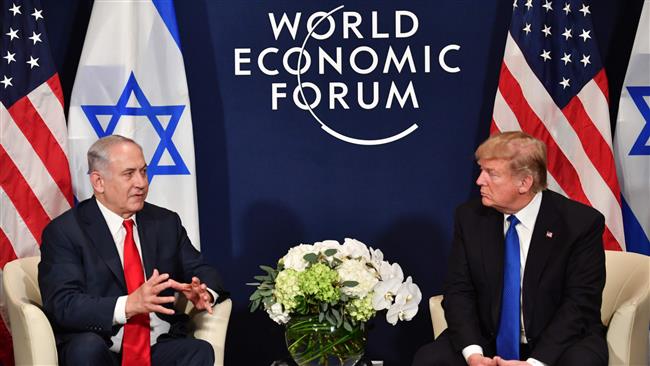


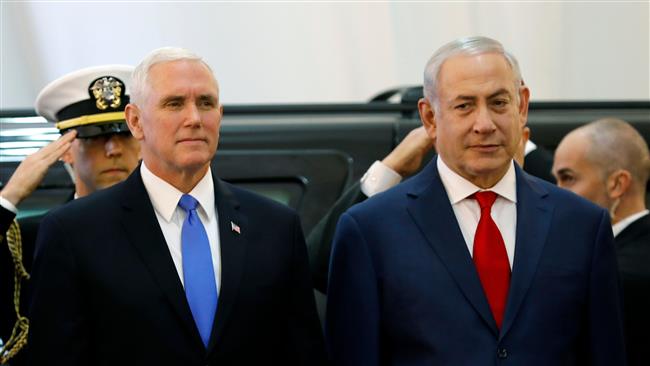



 This makes it easy to access the Press TV website
This makes it easy to access the Press TV website